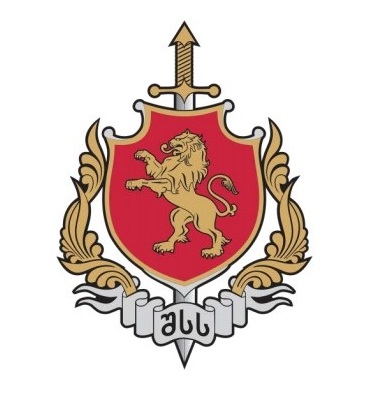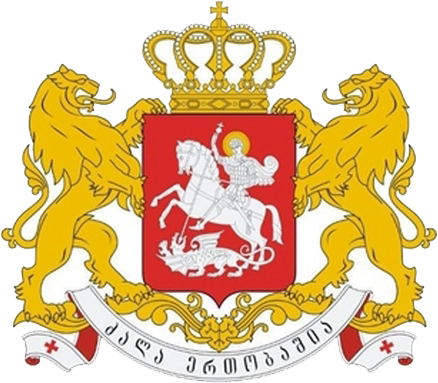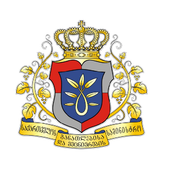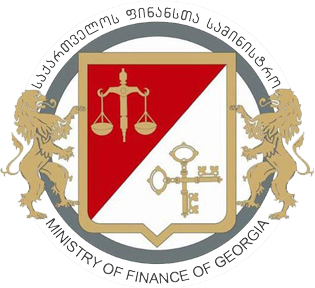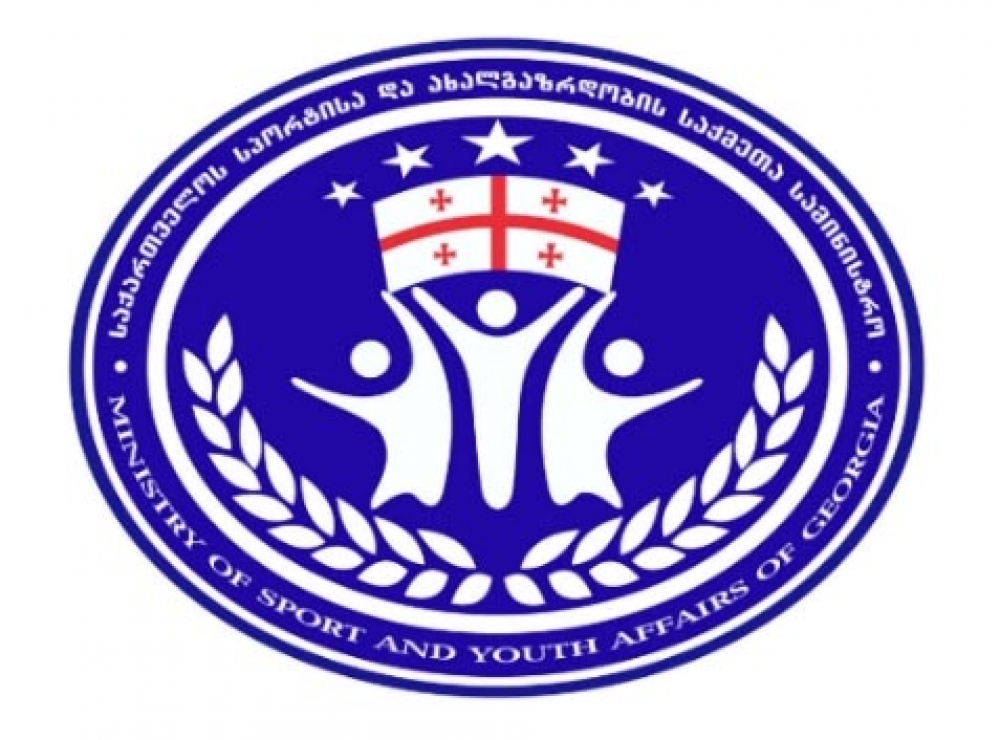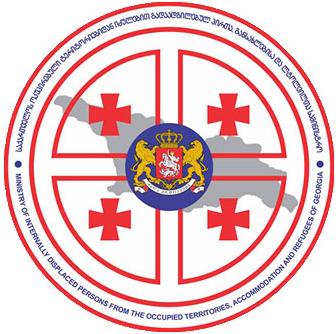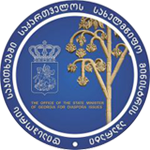Structure
On the 9th of October, 2013, Georgian Government adopted a Resolution #262 on setting up a State Commission for establishment and development of National Spatial Data Infrastructure (Amendment #101 Resolution). The Resolution by the State Commission defined aim, structure, authority and activity. Strategic objectives and work plan for 2014-2015 were developed.
Proposals Politics and Decisions
Proposals Politics and Decisions
Business Sector
Academia
Professional Groups
State Institutions
Interested Groups
Education Sector
Coordinator
National Agency of Public Registry
Establishment and development of National Spatial Data Infrastructure requires efficient planning and coordination of ongoing processes. Main function of the Coordinator is to support regular activity of the system in accordance with the policy defined by the State Commission (technical, legal, intellectual, informational etc. directions), to provide technical assistance, define strategy, plan implementation methods, carry out quality monitoring, plan activity related to establishment of National Standards of spatial data and metadata, as well as data format, digital information collection, maintenance, updating and sharing. According to the Article Four of the Resolution #262 of Georgian Government, National Agency of Public Registry was entrusted to fulfill the function of Coordinator.
State Commission
The State Commission is set up for the purpose of establishment and development of National Spatial Data Infrastructure in Georgia, for identifying unified geo-informational policy, strategic goals, priorities, objectives; it provides establishment of unified policy of Georgian Government in the sphere of creation and development of National Spatial Data Infrastructure and improvement of related process management. The function of the Commission is to prepare proposals and recommendations for Georgian Government on establishment of NSDI, compatible with European standards, to elaborate relevant plans, to coordinate and supervise ongoing processes.
Secretariat
The Secretariat of the State Commission provides: conducting unimpeded activity in technical, organizational and Protocol directions; monitoring of defined Work Groups objectives, activity and quality approved by the State Commission; sharing of information and coordination between the entities of Spatial Data Infrastructure; preparing informational and analytical material; communication activity with State Institutions, Public Agencies, Mass Media and Community Organizations as well as arranging Meetings, Conferences and Workshops, initiated by the State Commission.
Thematic Work Groups
For the purpose of fulfillment of the defined objectives, related to creation and development of National Spatial Data Infrastructure, thematic work groups are being established for a certain period of time to carry out practical procedures. These groups consist of experts from state institutions. They are responsible for drafting conceptual documents (rules, standards, regulations, specifications, etc.) which should provide systematization and standardization of geo-data, metadata and associated electronic services, network services, as well as fulfillment of practical procedures for achieving objectives defined by the State Commission.
Currently, six thematic work groups have been established.
Legislative Group
Creation and management of National Spatial Data Infrastructure requires development of flexible legislative basis compatible with European standards. In terms of scanty legal acts regulating geographic sphere, establishment of unified National Legal basis of geo-data sphere, in line with the principles of European Legislation, has come on the agenda. Therefore, a main objective of the thematic work group is detailed study of the acting regulations, which relate to National Spatial Data Infrastructure, preparing of the draft law on Spatial Data Infrastructure for their further development, as well as the draft legal act, regulating production and use of metadata.
PR Group
One of the most important factors of successful establishment and development of National Spatial Data Infrastructure is providing maximum public involvement and awareness in the process of the system creation. A main objective of the Public Relations Work Group is to elaborate a long-term communication strategy for National Spatial Data Infrastructure on public, organizational, legislative and technical levels in order to interpret needs, benefits and priorities.
Business Model Group
The purpose of the establishment of National Spatial Data Infrastructure is to make standardized and harmonized geographic data easily available. An objective of Licensing and Business Model Thematic Group, considering terms of access and use, is to set up such model of Spatial Data and electronic services licensing and pricing, which will support a wide use of geographic data.
GIS Group
Free and easy access to the geographic data, compatible with European standards, allows to combine and unify information and data obtained from various sources for their further study and analysis. A main objective of the Geo-Information System thematic Work Group is to define priorities of spatial data thematic set, to elaborate projects of data collection, production, National standards for metadata formation, technical specifications and regulations.
IT Group
Today spatial data customer and producer use web-based services for communication, that provides more easy and efficient access and makes it possible to avoid data maintenance doubling. Participant entities of National Spatial Data Infrastructure need relevant geo and IT infrastructure for producing and sharing data. A main objective of the IT thematic Work Group is to elaborate a long-term strategy for data sharing and to identify data sharing platform, to develop project of geo-portal and metadata catalogue, to prepare recommendation packages of data production and sharing for spatial data producing State Agencies.
Educational Group
Successful implementation of National Spatial Data Infrastructure mostly depends on properly trained and motivated staff, a qualification rate of the personnel working in the State Institutions is a significant prerequisite. Therefore, on the agenda of the Educational thematic Work Group there are following objectives: to elaborate a conception of continuous training process for technical groups of State Institutions, to define and organize short-term trainings and subjects, also to develop a long-term strategy of geo-informational system teaching for Georgian Universities.





